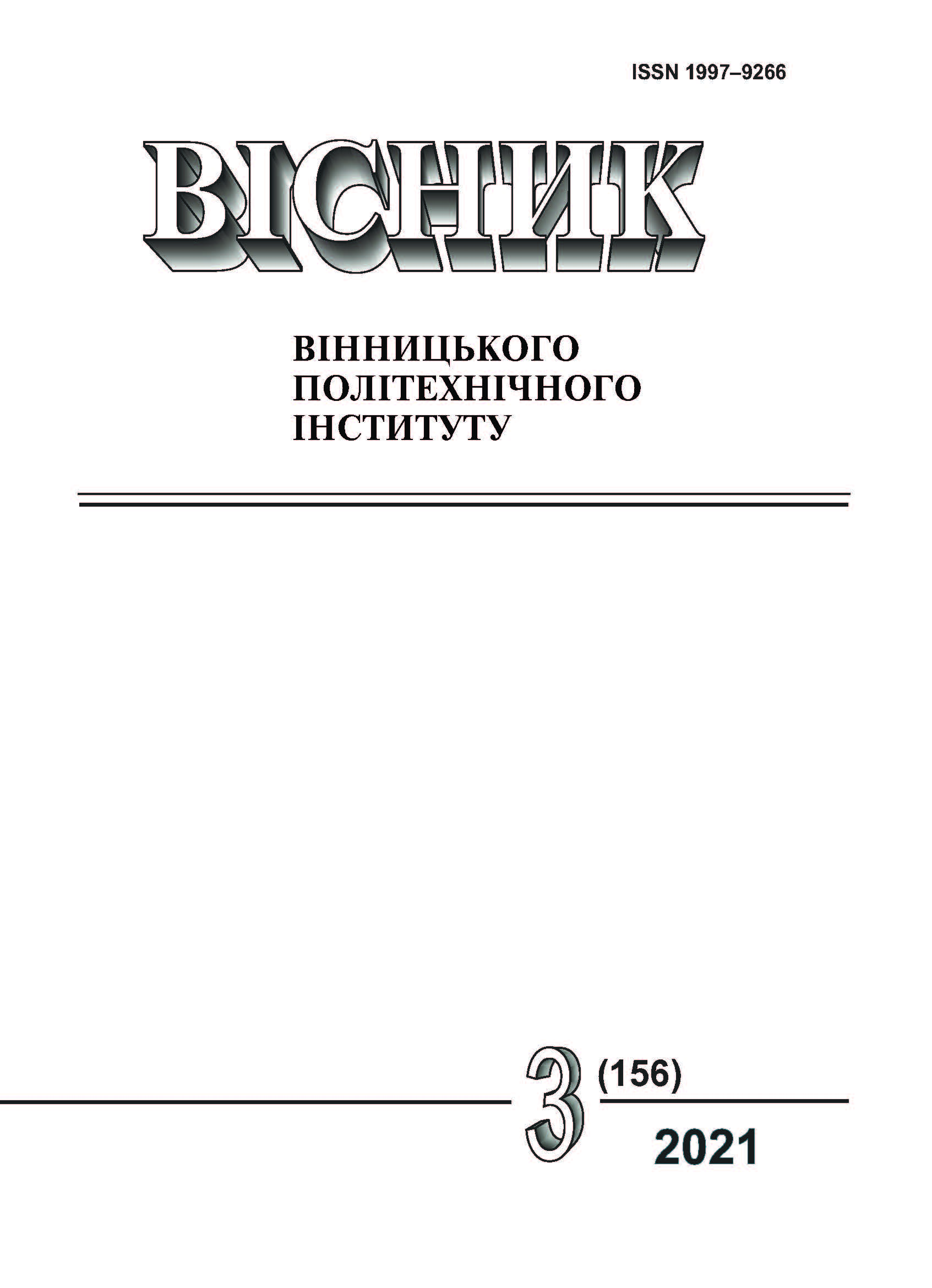On one of the Approaches to Approximate Calculation of Lebesgue–Stieltjes Integrals in Python in System Analysis Problems with Discrete Models
DOI:
https://doi.org/10.31649/1997-9266-2021-156-3-61-68Keywords:
Stieltjes integral, Lebesgue integral, algorithms for adapting integrals to the Python programming language, programs for calculating Lebesgue–Stieltjes integrals in PythonAbstract
The article presents programs for the approximate calculation of Lebesgue–Stieltjes integrals in Python, which are not currently available in the SymPy and SciPy packages. Those packages include only functions for calculating single and multiple Riemann integrals. To implement these programs, there has been made the correction of classical mathematical expressions, which determine the Lebesgue–Stieltjes integrals, and synthesized algorithms suitable for the development of programs for the approximate calculation of these integrals in Python. The feature of the algorithm synthesized for the approximate calculation of the Lebesgue integral is that the Lebesgue measure of a discrete function given on a zero-dimensional set of points located on the segment of its argument is a monotonic continuous function of the coordinate of the functional axis. This axis value increases from zero at the point of the minimum value of this function to a value equals to the length of the segment of the functional axis in the range from the minimum value of this function to its maximum value. In this algorithm, the values of a discrete Lebesgue-integrated function are sorted to form an ascending sequence, the measure of each value of which is given by a segment of the functional axis within adjacent values of this sequence in the direction of its growth. The developed Python programs for Lebesgue–Stieltjes integration contain standard already known program functions of this programming language. The article shows that the proposed programs can be useful for scientists who work on problems of systems analysis with discrete models.
References
Python. [Електронний ресурс]. Режим доступу: https://www.python.org/downloads/ .
П. Г. Доля, Введение в научный Python. Харків: ХНУ ім. Каразіна, 2016, 265 с.
Б. І. Мокін, В. Б. Мокін, О. Б. Мокін, Функціональний аналіз, адаптований до прикладних задач в галузі інформаційних технологій, навч. посіб. Вінниця: ВНТУ, 2020, 192 с.
Downloads
-
PDF (Українська)
Downloads: 326
Published
How to Cite
Issue
Section
License

This work is licensed under a Creative Commons Attribution 4.0 International License.
Authors who publish with this journal agree to the following terms:
- Authors retain copyright and grant the journal right of first publication.
- Authors are able to enter into separate, additional contractual arrangements for the non-exclusive distribution of the journal's published version of the work (e.g., post it to an institutional repository or publish it in a book), with an acknowledgment of its initial publication in this journal.
- Authors are permitted and encouraged to post their work online (e.g., in institutional repositories or on their website) prior to and during the submission process, as it can lead to productive exchanges, as well as earlier and greater citation of published work (See The Effect of Open Access).





